Tip1. Select appropriate plant varieties according to the lighting conditions at home
First, determine the orientation of the window, and pay attention to whether there are obstructions outside the window, such as trees, walls, etc., because they will block part of the sun
Facing south:
There is plenty of light all day. Almost all plants are suitable for this environment. Just remember to put them away from the window
Suggestions: cactus, taro, Oxalis, Begonia and Germanic dwarf lemon trees, which will bloom or bear fruit
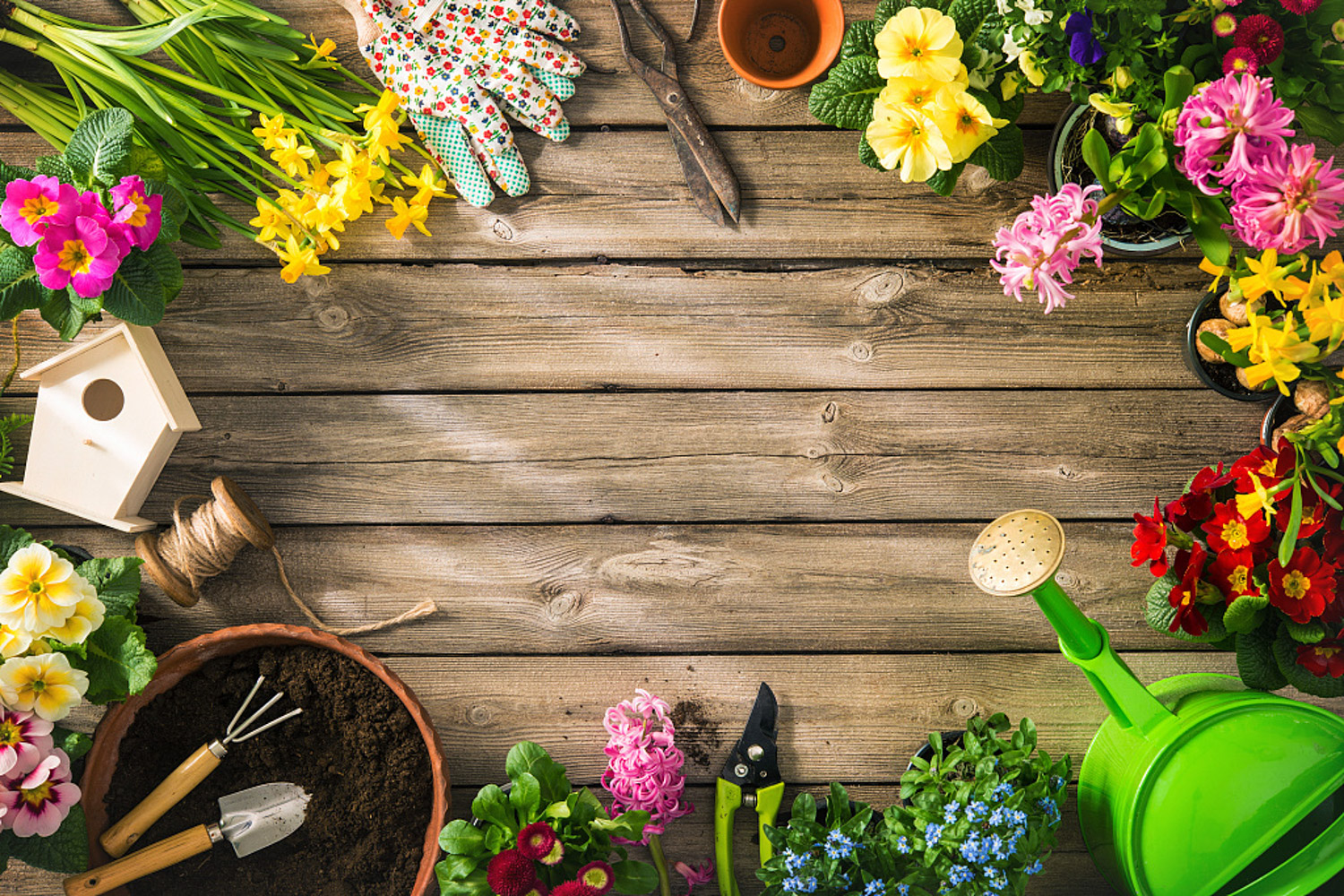
Facing east / West:
When the daylighting is general, the plants can be placed closer to the window
Recommended planting: cold water flower, watercress green, palm tree, dragon blood tree, tropical banyan and fern
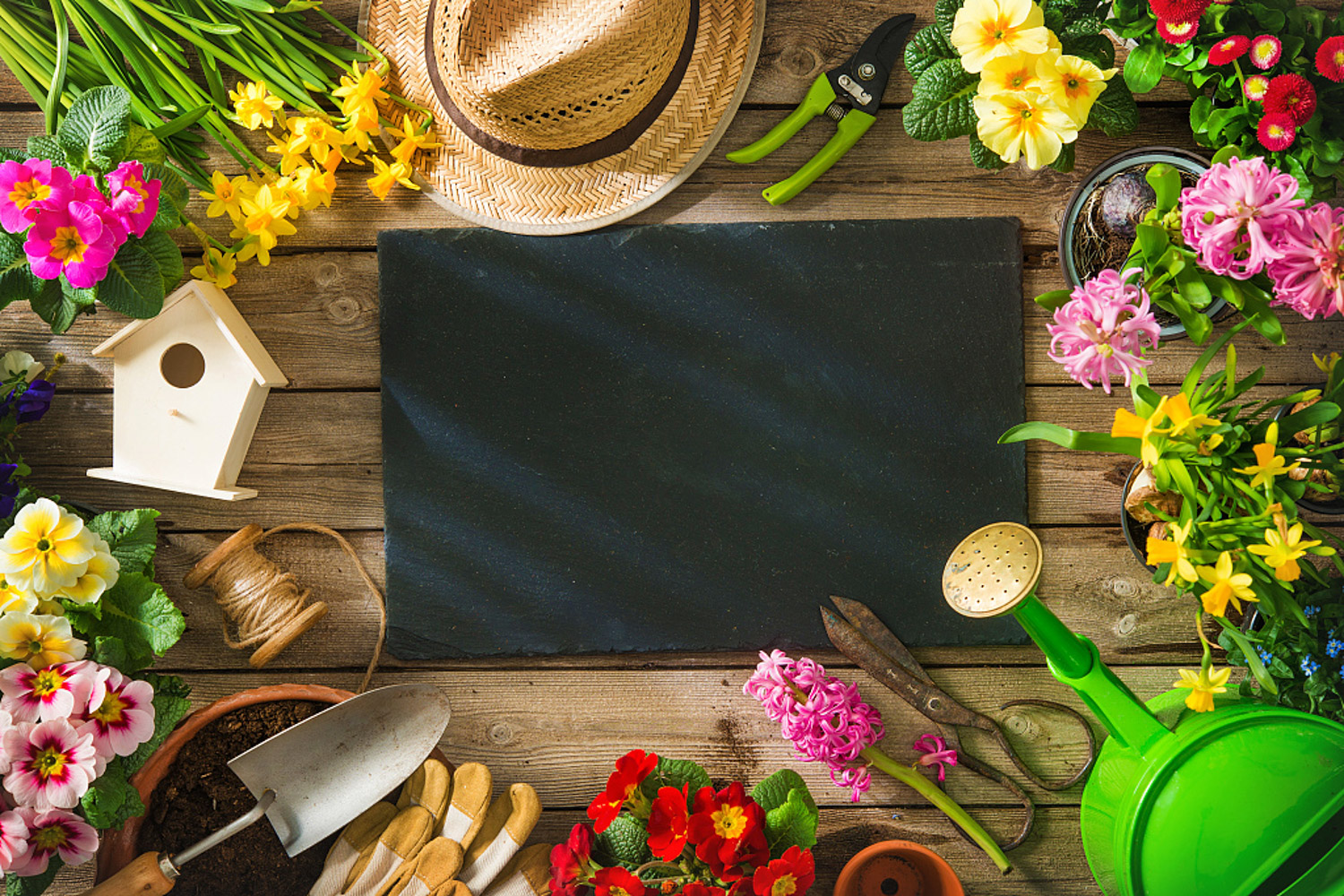
Backlight:
When the amount of daylighting is small, try to choose some plants that don't like the sun, and you can put them directly on the windowsill
Recommended planting: Pueraria lobata, vine green velvet, high flower, evergreen, white crane taro and money tree
Tip2. Try to avoid direct exposure of plants to strong light
When the ultraviolet rays are strong in summer, if the skin is directly exposed, it will have an obvious burning feeling. For green plants, they will also feel uncomfortable due to strong ultraviolet rays. In order to prevent the plants from being scorched by the sun, you can block a veil curtain or put the plants 30 cm away from the window
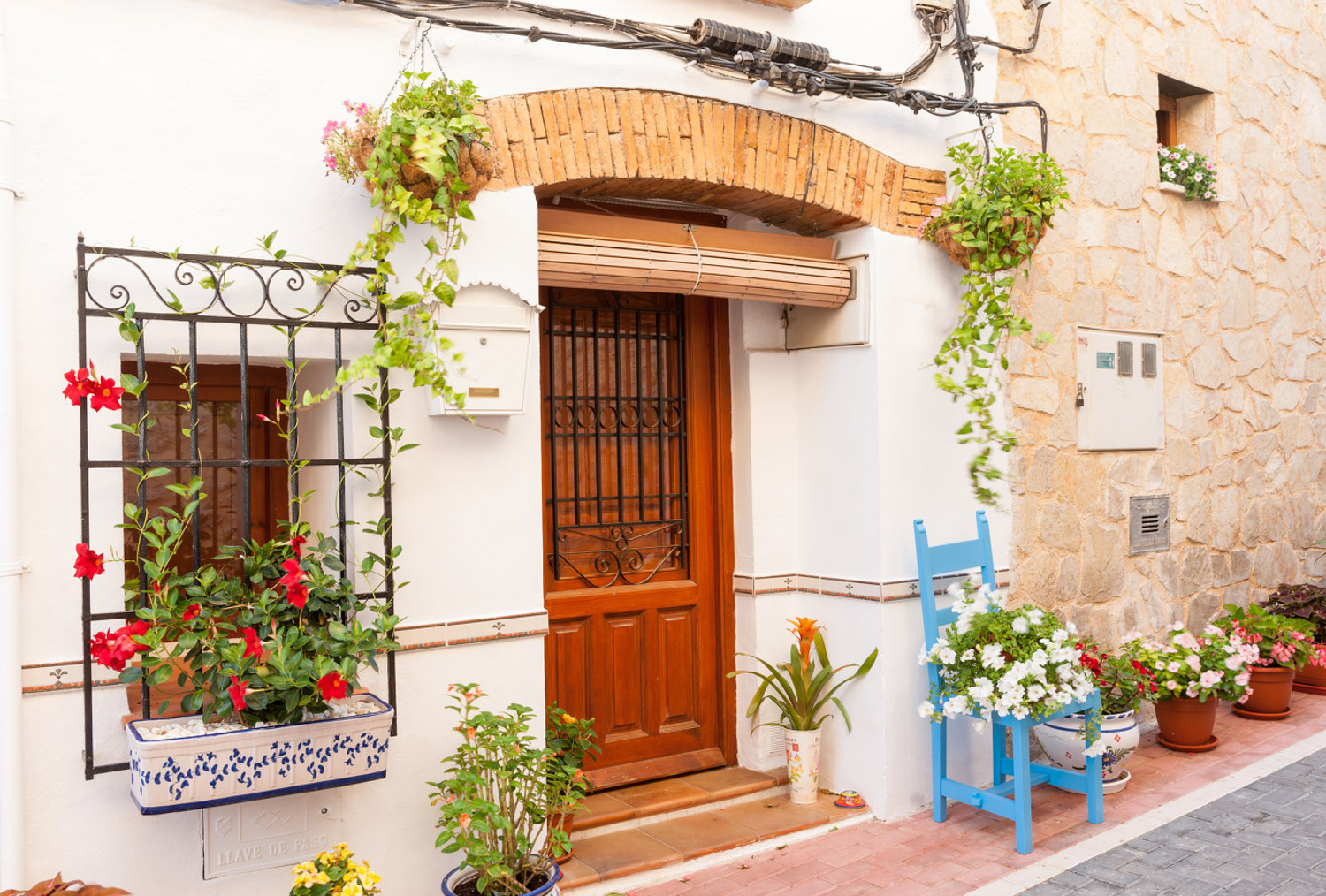
Tip3. Daylighting conditions
If the lighting in your room is not good, you'd better plant some shade loving plants. If possible, move it to a sunny house every other week
Recommended planting: money tree and pueraria lobata, because its texture is dense and not easy to lose water
Tip4. When you decide to grow green plants, take into account your schedule, travel frequency and other easily overlooked details
I believe no one wants to see the loss of beloved green plants due to their temporary negligence. Those long-term drought tolerant plants such as succulent and cactus will be a good choice. However, please note that sometimes too careful care makes it difficult for plants to survive
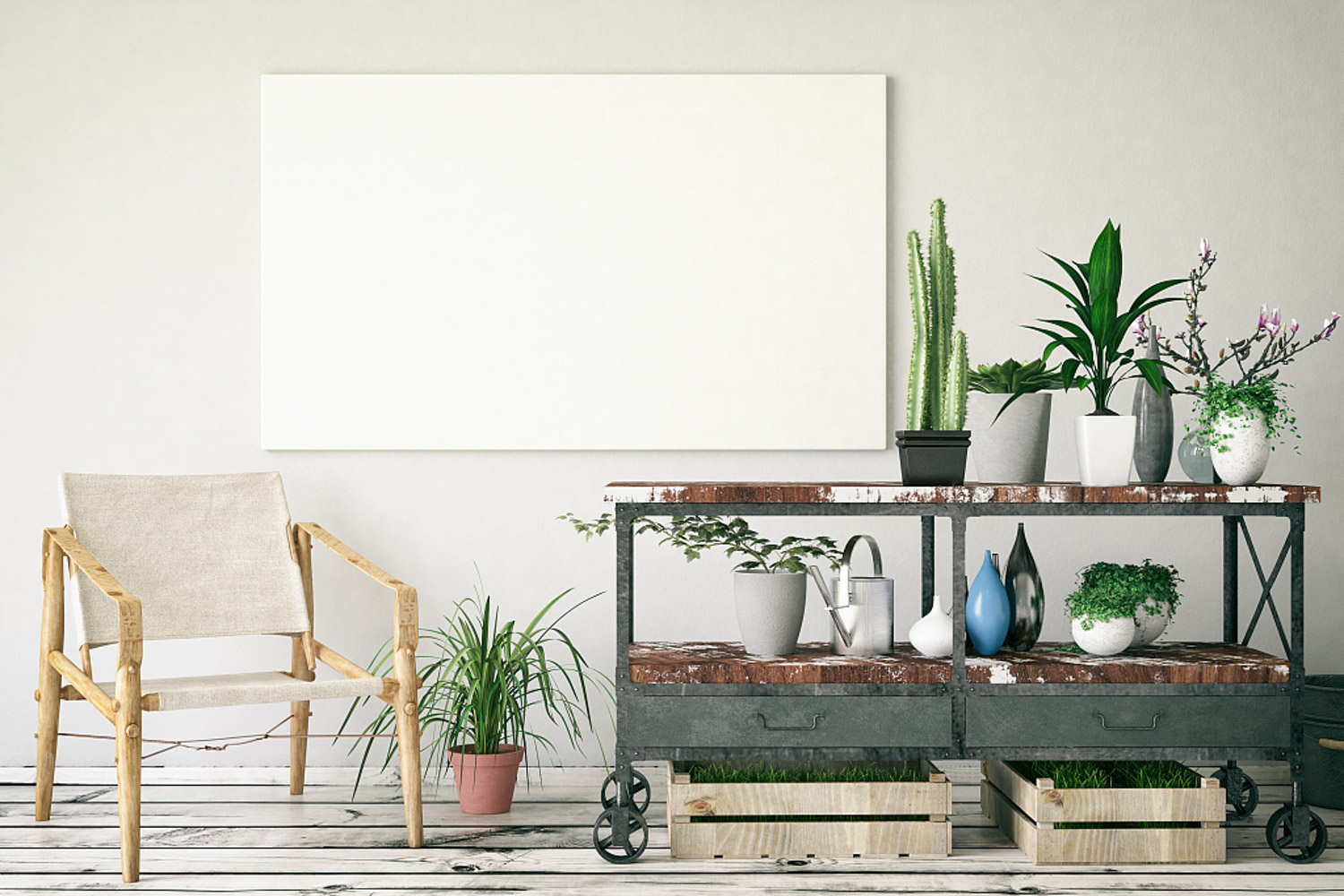
Tip5. Watering too much is the easiest way to kill plants
Maybe you like watering regularly, but in fact, watering when the plant needs it most is the best care for it. Please check the moisture content of the soil before watering. If your plant leaves wilt and the soil hardens into pieces, it must be short of water. If the soil is dark and feels sticky, it means that the soil moisture content is just good
Tip6. Correct watering method
When watering, first pull out the leaves and pour it to the bottom of the flowerpot until the water begins to seep out. Let the plant stand for half an hour to allow it enough time to drink water. Finally, remember to pour out the excess water in the tray
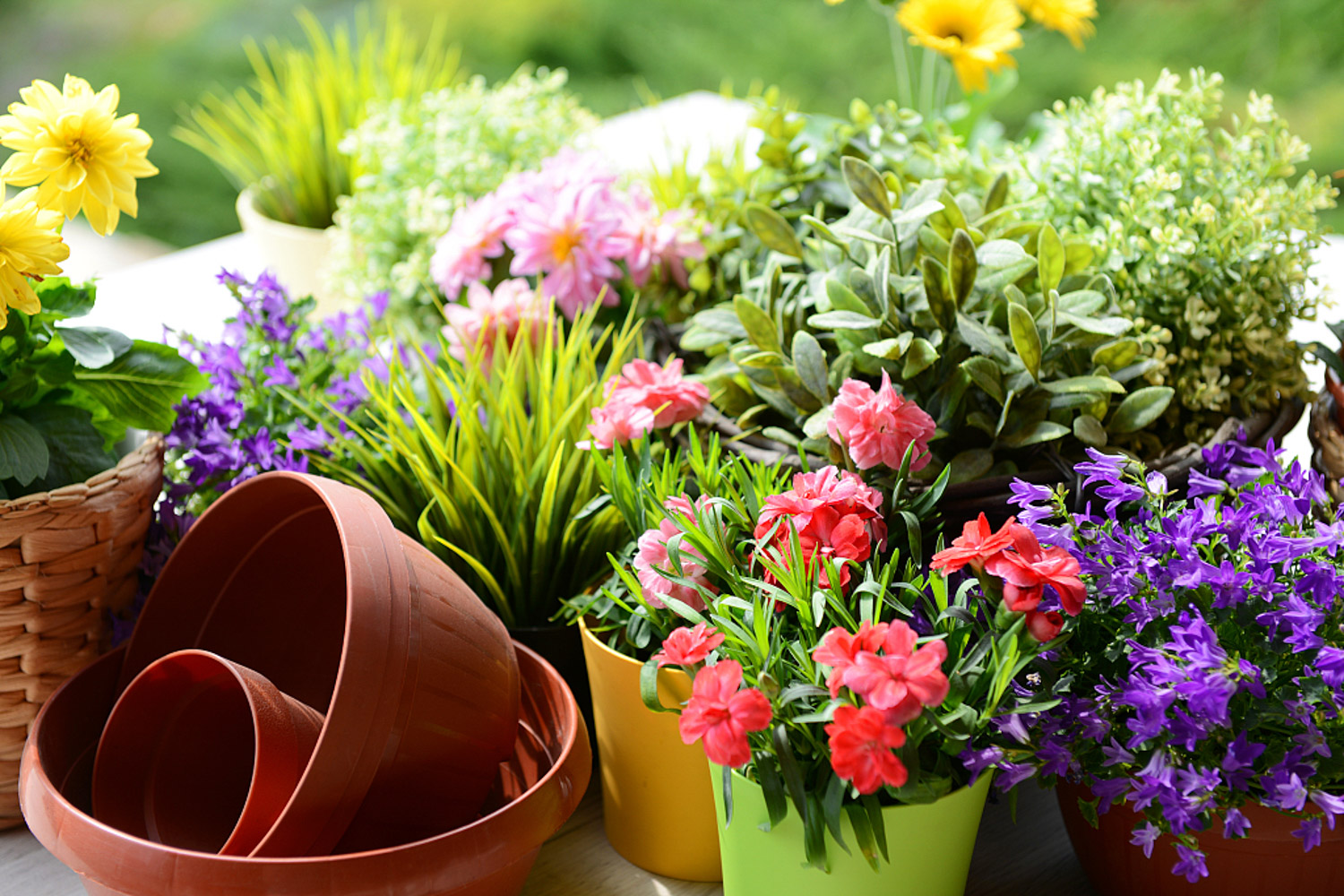
Tip7. Placement of plants
Water loving ferns, ivy and tropical plants can be put together and watered together in small spray bottles every few days. In dry autumn and winter, plants are placed centrally, which makes it easier to create a humid environment
Tip8. Suitable temperature
Plants are similar to us. It's most comfortable to stay at 30 degrees Celsius. As far as possible, keep the plants away from vents, radiators and external doors, where there will be too much air flow and large temperature difference between cold and hot
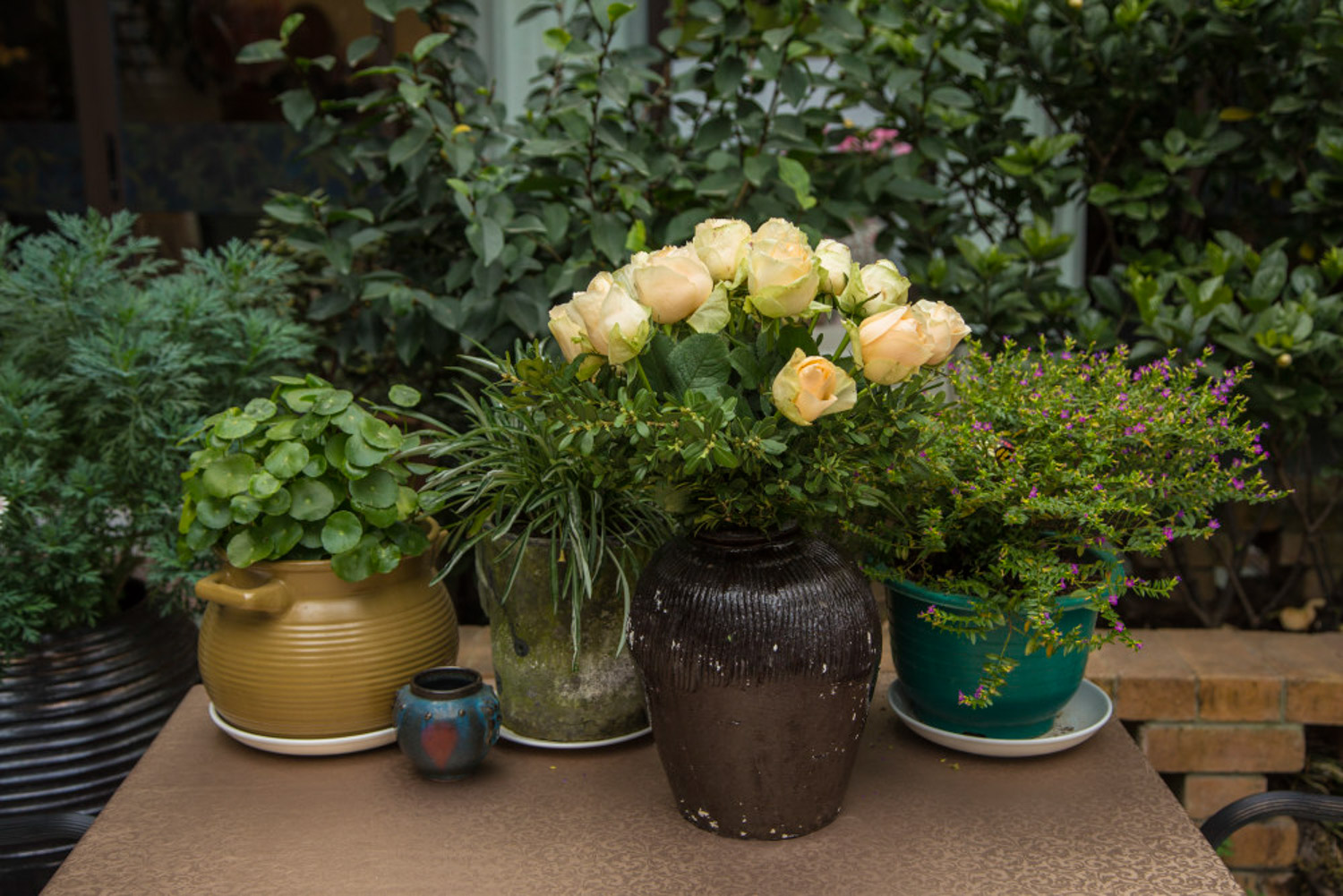
Tip9. Selection of fertilizer
If you try gardening for the first time, you'd better not use fertilizer, because if you don't master the amount well, it will be counterproductive. Nourish plants with water and other minerals, and get the energy they need from the surrounding air and light. Therefore, most plants can grow healthily without adding any fertilizer
Tip10. Try to buy green plants from professional gardening shops
Green plant stalls in hardware stores and supermarkets are not ideal choices. Gardening centers and flower stores are good places to buy flowers. Before purchase, you should also check carefully to ensure that there are no yellow leaves, white powder mildew spots, leaf spots and wilting stems, which indicates that the plant is in an unhealthy state

 how many times do yo...
how many times do yo... how many planted tre...
how many planted tre... how many pine trees ...
how many pine trees ... how many pecan trees...
how many pecan trees... how many plants comp...
how many plants comp... how many plants can ...
how many plants can ... how many plants and ...
how many plants and ... how many pepper plan...
how many pepper plan...



























